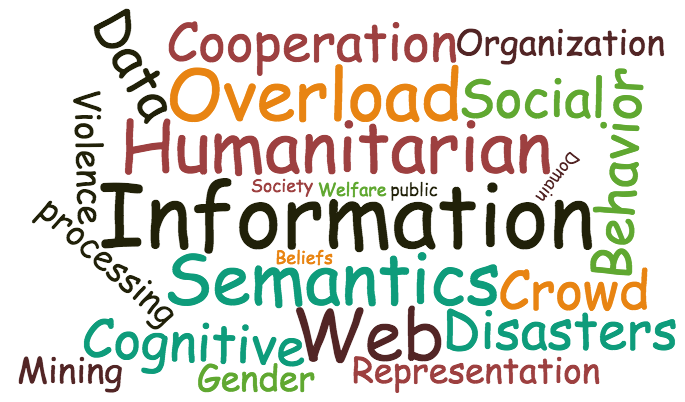Ubiquitous access to mobile and web technologies enables the public to share valuable information about their surroundings anywhere and anytime. For example, during an emergency or crisis people report needs from affected areas via social media as an alternative to the traditional 911 calls. This can be valuable information for a range of emergency service officials. However, the utilization of this data poses several computational challenges as it is generated in real time, is heterogeneous, highly unstructured, redundant, and sometimes unreliable. The project investigates new summarization approaches to handle noisy, unstructured data streams from multiple web sources in real time while accounting for the possibility of untrustworthy information, so that they can be fed into decision support systems of public services in a structured and machine-readable format. In addition, the project develops and validates robust decision support systems for allocating critical resources to needed areas based on the structured summary reports. The evaluation plan includes collaboration with emergency responders and the communities they serve. The broader impacts of this research include the design of a generic methodology to extract, integrate, and summarize structured information from big data streams on the web for helping public services of future smart cities. The research team plans to share simulated datasets with an open source system for real-time decision support during emergency response exercises. This can assist in workforce training and also, help design novel educational projects of data science for social good.
As such, we have worked on three sub-goals in the project.
a.) Formulate a representation of the uncertainties in incident reporting data and other environment reporting data that accompany an emergency incident event and construct an inference model to determine the likelihood of resource requirement in a region at a given time based on current reporting data. For this sub-goal, we aim to build a novel uncertain concept graph (UCG), which is a novel knowledge representation for structured summarization of unstructured data streams. It models key concepts of an application domain identified from domain knowledge ontologies as nodes, followed by modeling inference of relationships between concept nodes using information extraction over heterogeneous unstructured crowdsourced reporting data (Waze and Twitter).
b.) Design and evaluate a Bayesian analysis approach to infer relations between concepts in the uncertain concept graph in real-time, where the output of the analysis is a real-time update of resource requirements in a region over time. For this sub-goal, we aim to develop a novel algorithm by formulating this task as a consistency-based diagnosis problem that uses the social media/crowdsourced reporting data as possibly faulty sensors and further, develops a model to identify the likelihood of emergency incident events in a given region of the city. These likelihoods are then used to estimate the plausibility of the hypotheses generated by the diagnosis problem.
c.) Develop an action recommendation tool to support resource dispatch and stationing for emergency services based on the results from sub-goals 1 and 2. For this subgoal we aim to work with our local emergency response agencies to create open source software that can integrate existing data sources and provide recommendations on identifying critical resource requirements in the cities. For scoping, we focus on accident event detection and dispatch requirements of ambulances and rescue trucks as resources.
